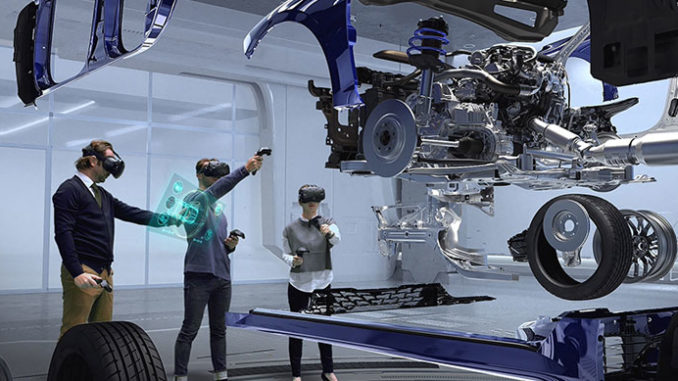
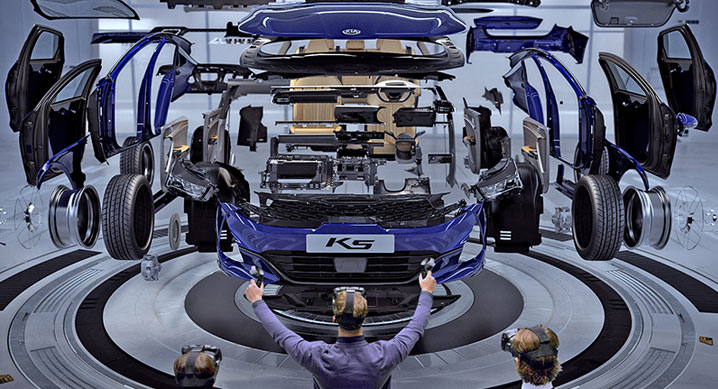
In the automotive industry terms like electrification, mobility, autonomous driving, connectivity, and alternative energy solutions are becoming commonplace. Vehicles now have larger touch screen displays.
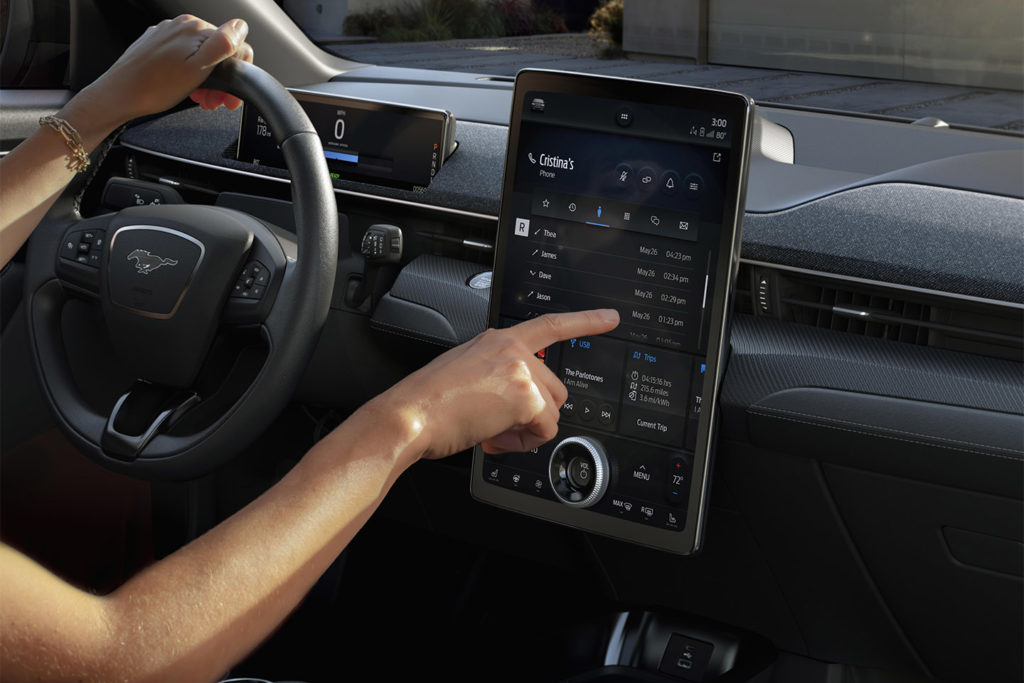
Some are even featuring OLED’s screens larger than 17″. Artificial Intelligence (AI) via integrated voice assistants are now common on vehicles in all classes.
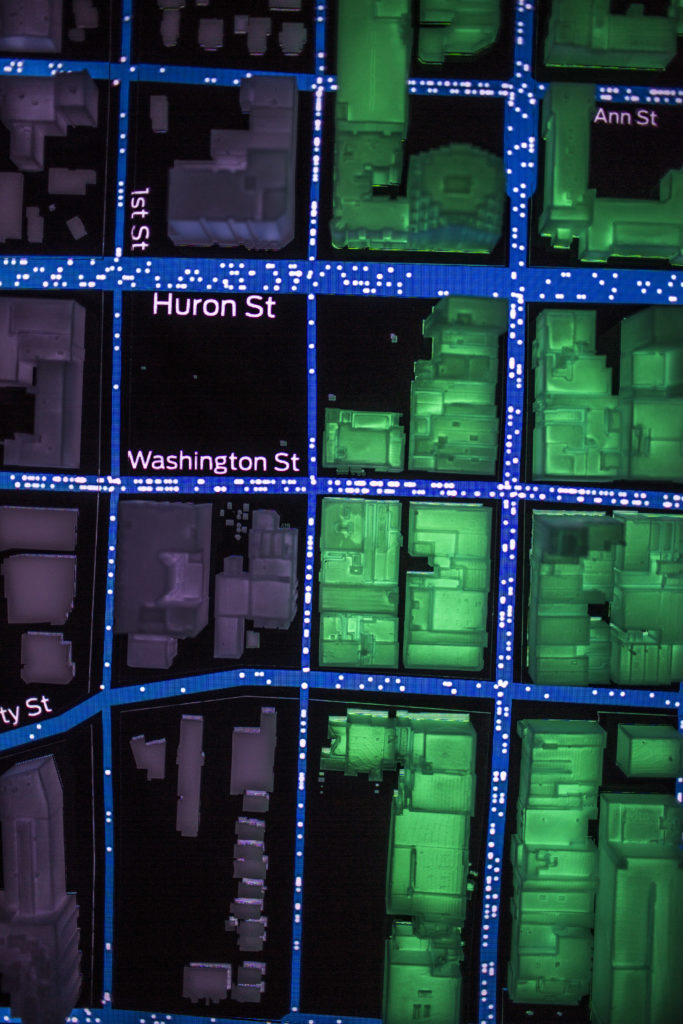
Many Municipalities have also been discussing and implementing the creation of smart cities. Vehicles will communicate with infrastructure and other services.

We are in an era of rapid technology development. The questions become how do you train future employees? How do you maximize the capabilities of these new technologies?

Robust training is a need. There are massive investments by domestic and global companies in new platforms. GM is projecting to have 20 electric vehicles by 2023. They are investing $2.2 billion to retool the Detroit Hamtramck factory. The factory will be manufacturing electric and autonomous vehicles including an all-electric Hummer announced during the Super Bowl in an ad with Lebron James.
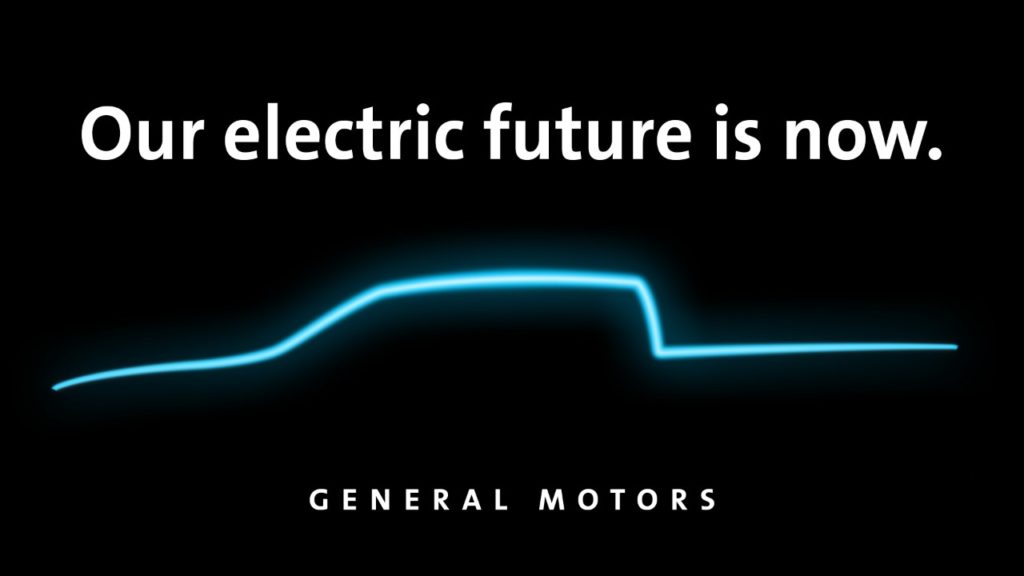
GM subsidiary Cruise will receive $2.7 billion over the next 12 years. This investment is from Honda for electric and autonomous vehicles.
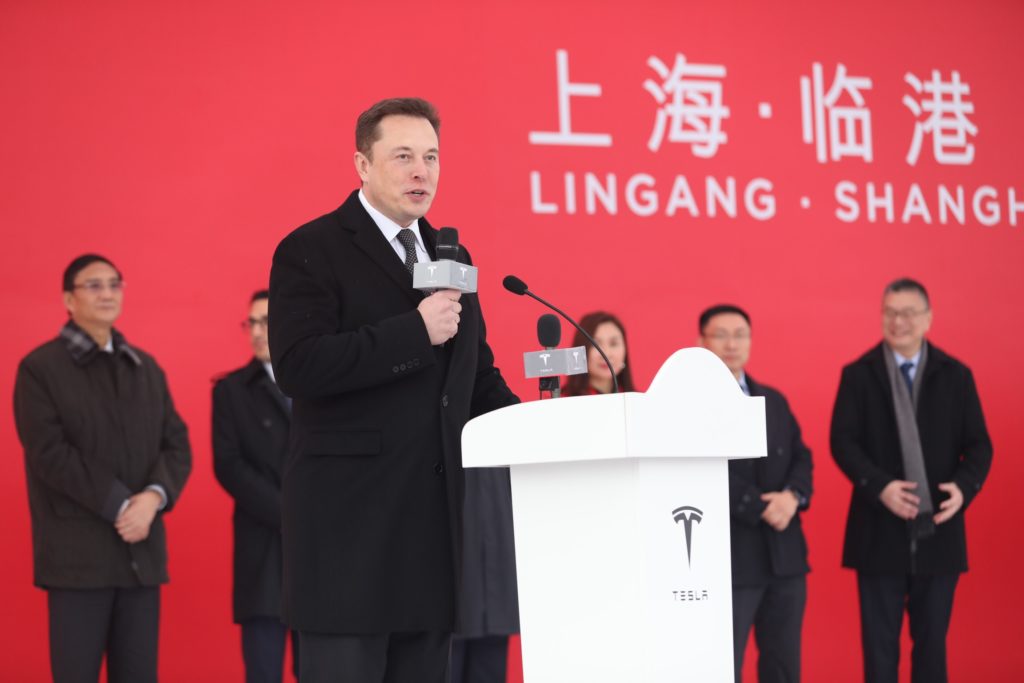
Tesla is America’s most valuable automaker with a market capitalization of over $100 Billion.
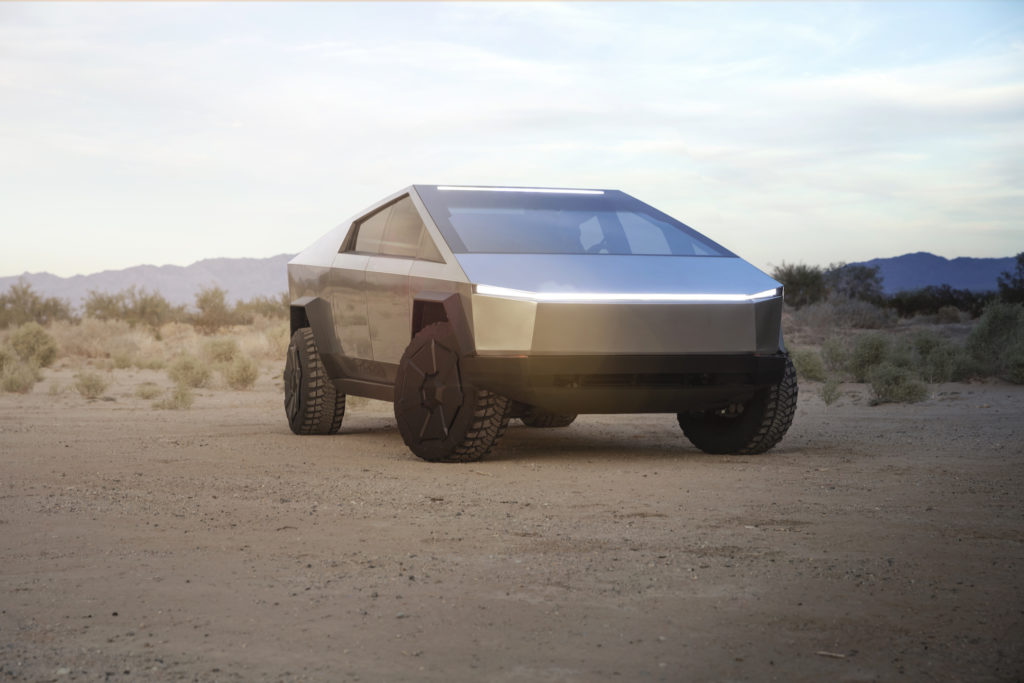
It is more valuable than GM and Ford combined. Ford itself has invested in Argo AI, an autonomous driving startup. Ford also invested in Rivian an all-electric Truck and SUV startup.
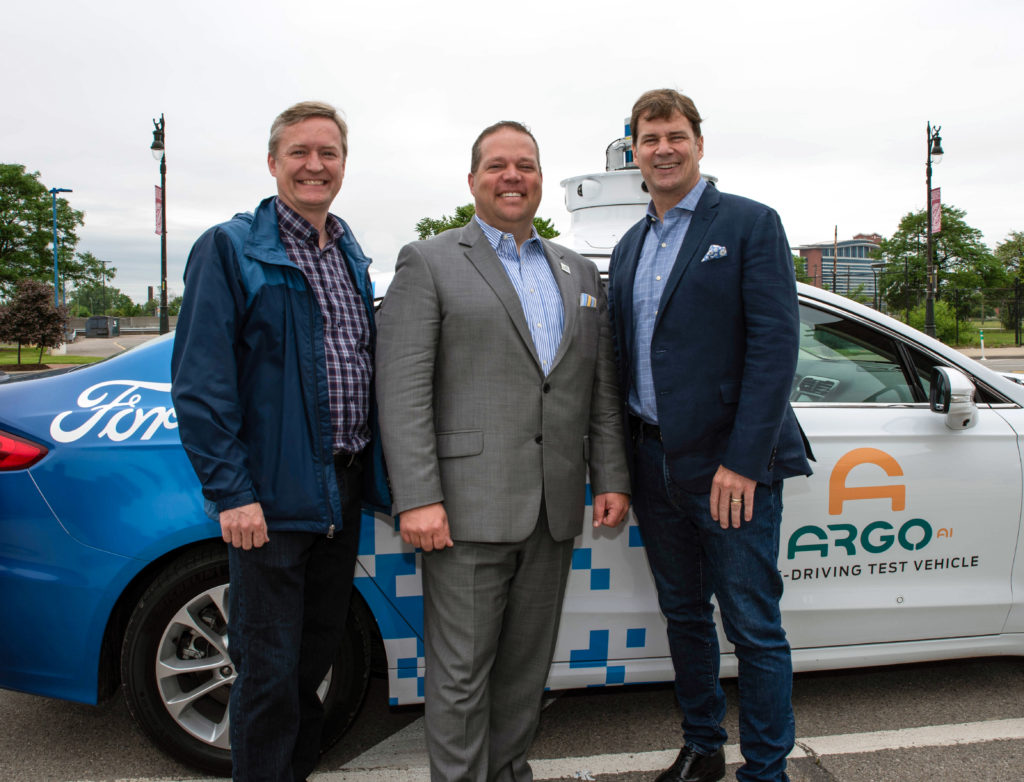
VW Group is investing $66 Billion in electrification and autonomous vehicles.
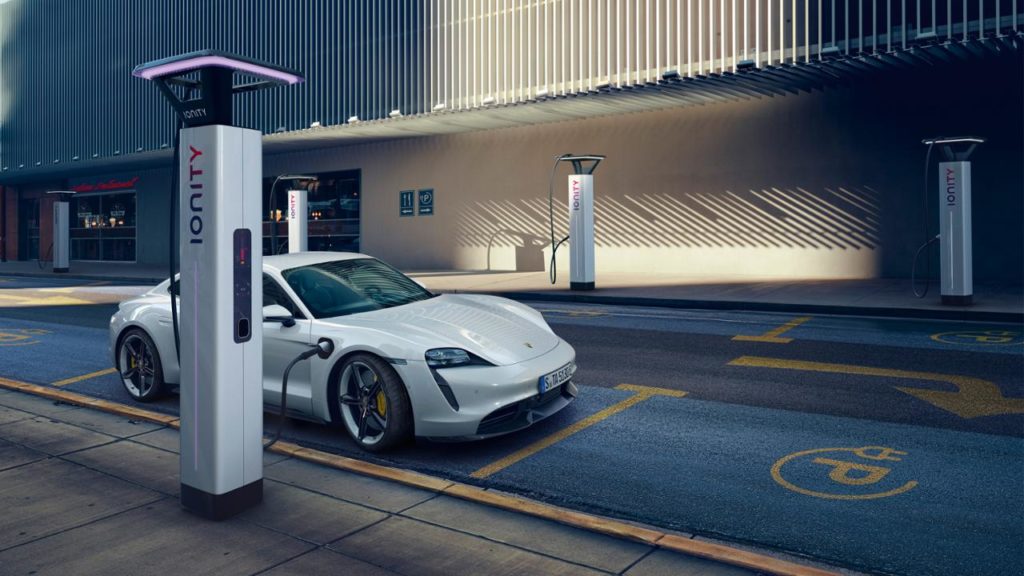
Daimler plans 10 new electric vehicles over the next 2 years. Daimler also committed over $23 Billion on batteries alone.
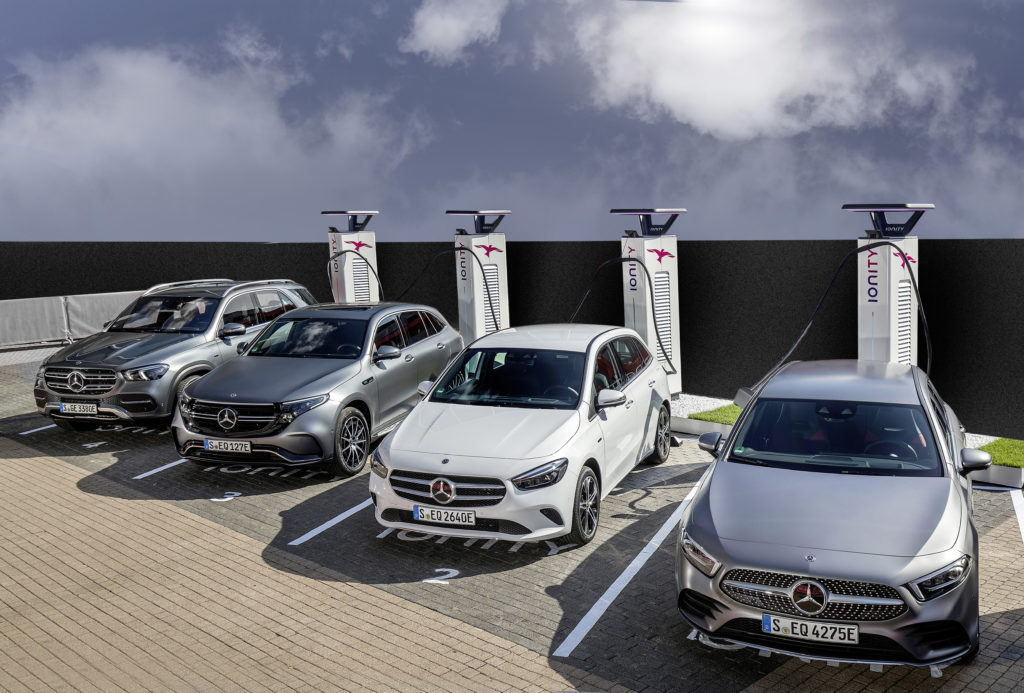
BMW plans to 25 electrified vehicles over the next 3 years with a commitment of $11 Billion on batteries.
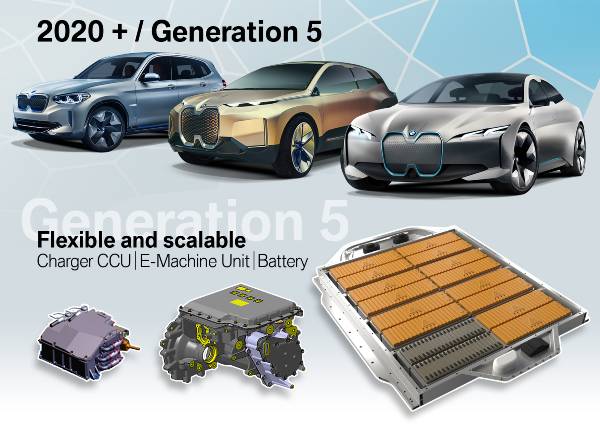
Electrification, autonomous driving, and connected cars are focal to the FCA PSA merger. The official press release announcement emphasized this point. FCA had already planned over $4.5 Billion to electrify the Jeep brand prior. 3 new plugin models with a 4xe designation will launch later this year. CES gave a showcase to the models.
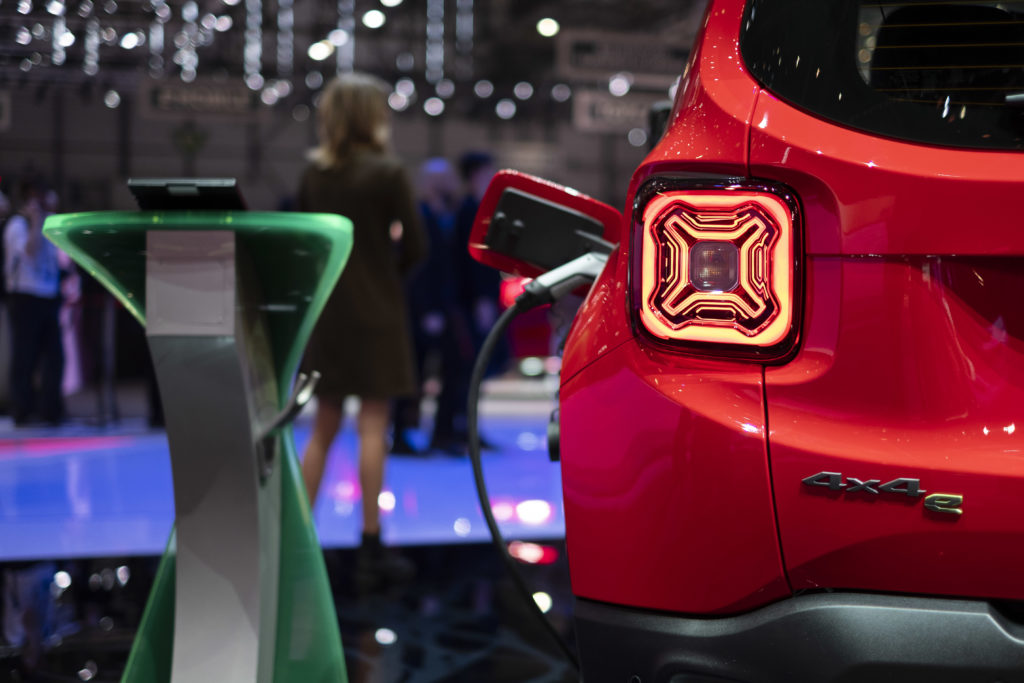
Hyundai, Kia, and Genesis are going to invest a combined $86 Billion in electrification. This will increase their combined offerings to 44 models within the next 5 years.

There are also alternative vehicles like Zero motorcycles. Harley Davidson has also introduced Livewire, an electric motorcycle line.
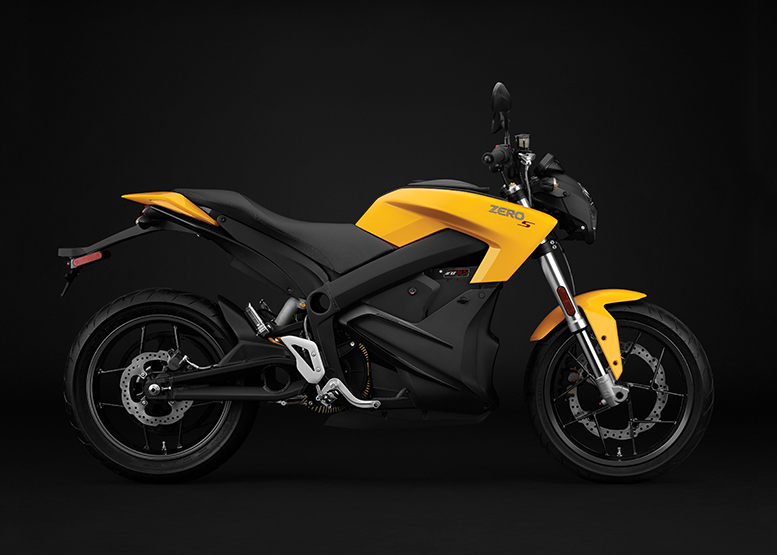

There is a huge need for engineers in the automotive industry. Electrical, computer, and software engineers are of high need. The automotive industry is competing with major technology companies for personnel. Most gifted prospects at the best engineering schools in the country have choices.
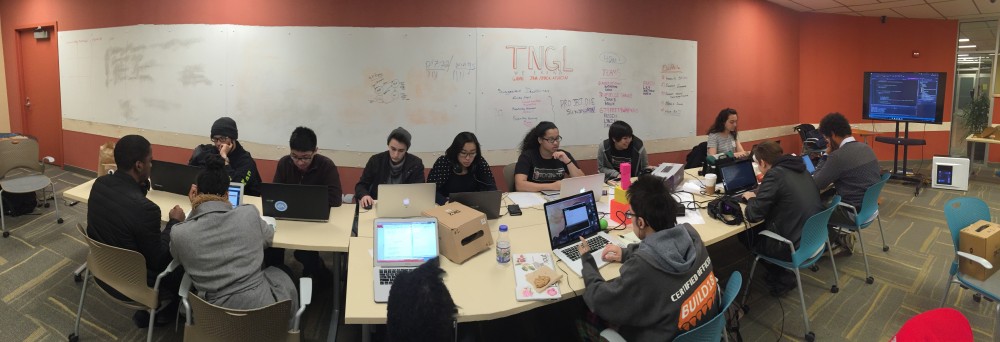
I learned a lot through my experience in educating my son, Wole Idowu. He will get an Electrical and Computer engineering degree from Carnegie Mellon University. I can attest to the long view it takes to achieve such a degree.
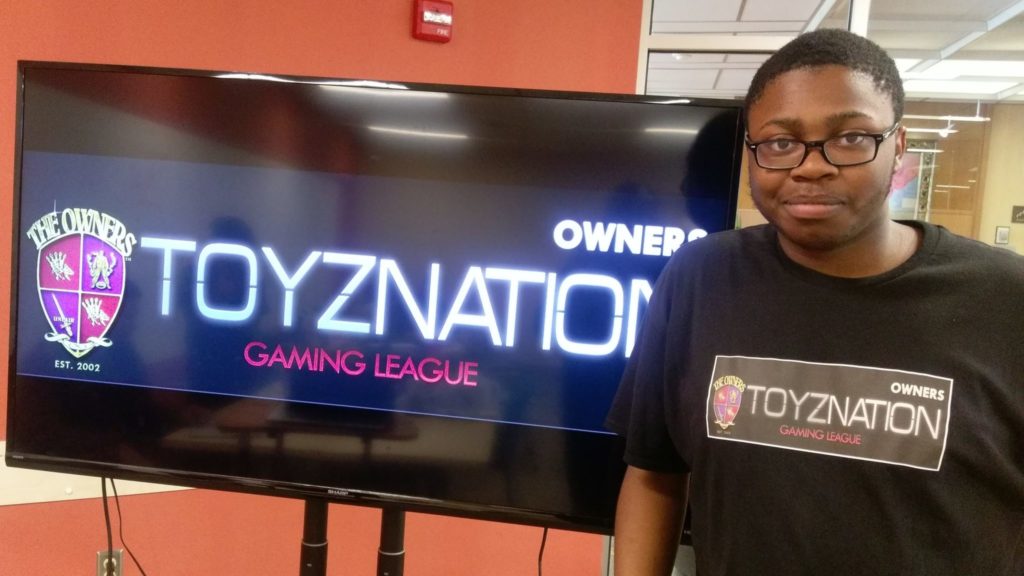
It takes a thorough education K-College that will be engaging and innovative. Students have to want to design and create with modern tools. They need the inspiration to create. Especially applications for the new platforms Automotive manufacturers are introducing.
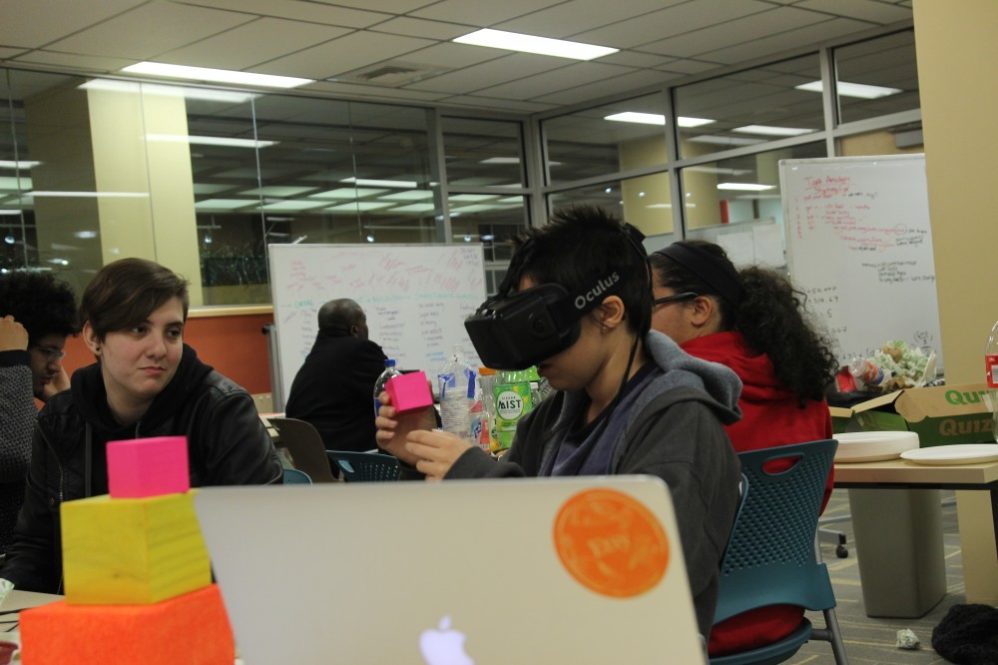
For the past 5 years, we have been developing a training program called TOYZSTEAM. We are imaginative and innovative in our approach. We are using Hip-hop culture, music, video games, comic books, entrepreneurship, and global cultural exposure. We also use industry-standard tools. Students learn skills on a wide range of platforms. We teach 3D printing to VR, to wearables and developing for connected devices. Students get inspired to make their own “TOYZ”.
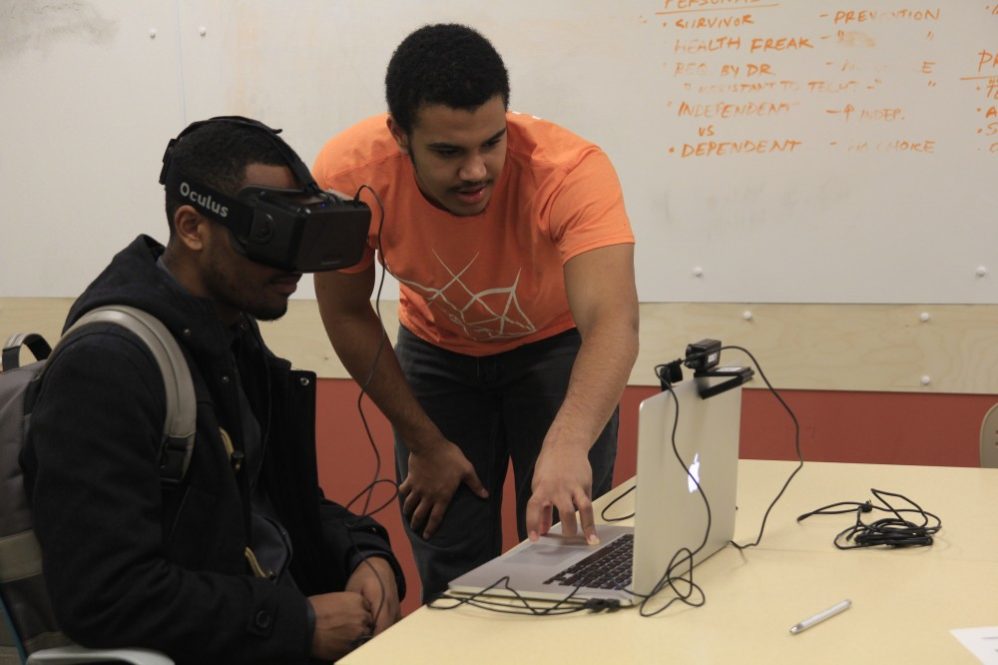
Students become Toyzmakers. They design, develop, and engineer on the technologies of the future.
Here is a video of what we do with elementary school students. We partnered with BNY Mellon and the Girl Scouts. They got exposed to the process of app creation, 3D models, and video game design.
Here is a video of what we do with Middle School Students. This video is from our workshop at The Washington Auto Show. It highlights a hands-on program using video games and driving simulation. It inspired students to get into coding. Students used game design software Unity. Unity has an application for the automotive industry.
Here is a video of what we do for students in high school. We give them a comprehensive program where they can create 3D products in a storytelling way. They learn to work in groups, and a wide variety of skills they will need on a computer related job.
Here is a video of what we do with College students. Our focus on college students is getting them employment-ready through project-based learning. Students develop applications. They use a connected device and industry-standard tools like Android and Unity.
If you would love to discuss more our pipeline and job training program contact me at owners.illustrated@gmail.com
Podcast: Play in new window | Download
